Germany has a rich political landscape with numerous influential politicians who have shaped the country’s history. In this article, we will explore the top 10 most popular German politicians, providing insights into their age, height, weight, and a brief biography. Let’s dive in!

1. Angela Merkel
Age: 66
Height: 1.65m
Weight: N/A
Biography: Angela Merkel, born in Hamburg in 1954, is one of Germany’s most prominent politicians. She served as the Chancellor of Germany from 2005 to 2021, making her the longest-serving incumbent head of government in the European Union. Merkel is known for her pragmatic leadership style and steady hand during times of crisis.
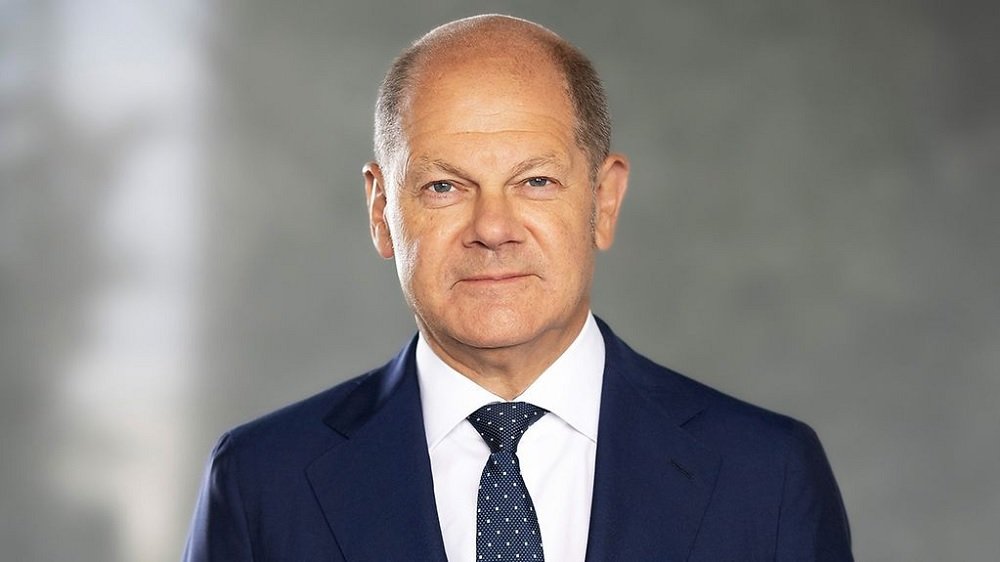
2. Olaf Scholz
Age: 63
Height: 1.80m
Weight: N/A
Biography: Olaf Scholz, born in Osnabrück in 1958, is a prominent German politician currently serving as the Chancellor of Germany. He has been a member of the Social Democratic Party (SPD) since 1975 and has held various ministerial positions before assuming the role of Chancellor. Scholz is known for his experience in finance and his focus on economic stability.
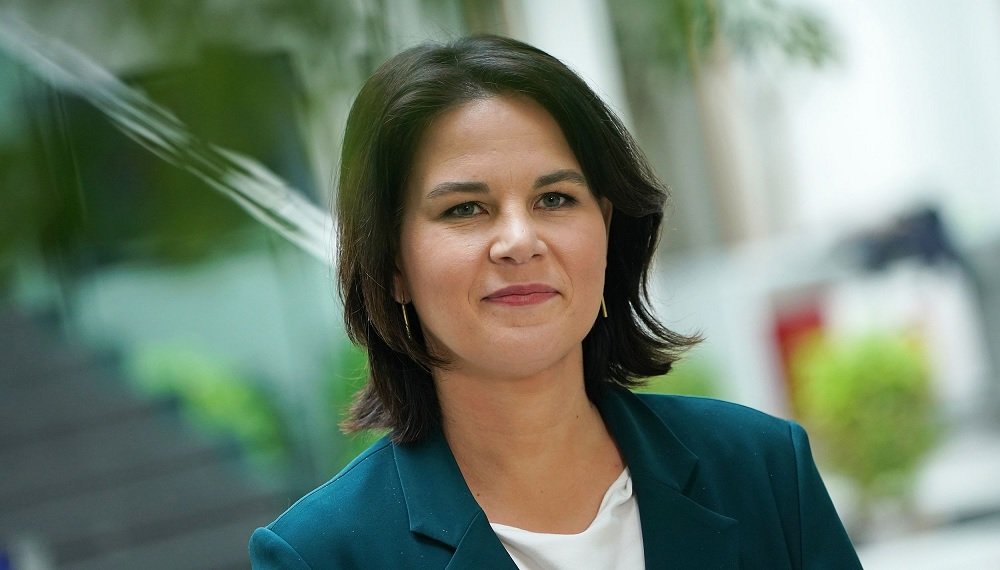
3. Annalena Baerbock
Age: 41
Height: 1.60m
Weight: N/A
Biography: Annalena Baerbock, born in Hanover in 1980, is a rising star in German politics. She is a member of the Green Party and was the party’s candidate for Chancellor in the 2021 federal election. Baerbock is known for her focus on climate change and environmental issues, advocating for a sustainable and green future.
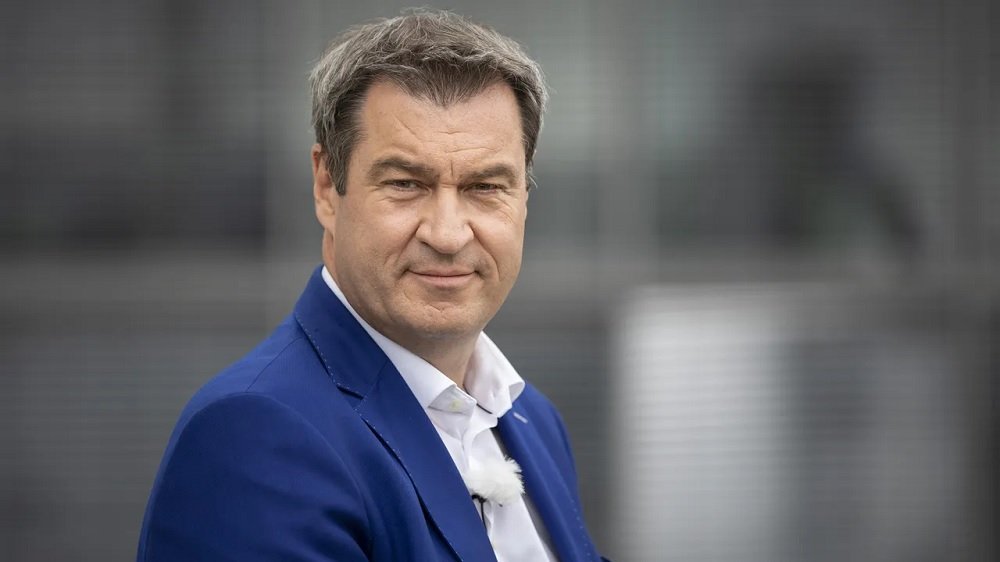
4. Markus Söder
Age: 55
Height: 1.93m
Weight: N/A
Biography: Markus Söder, born in Nuremberg in 1967, is a prominent figure in German politics. He is a member of the Christian Social Union (CSU) and has served as the Minister-President of Bavaria since 2018. Söder is known for his conservative stance and his focus on regional issues.
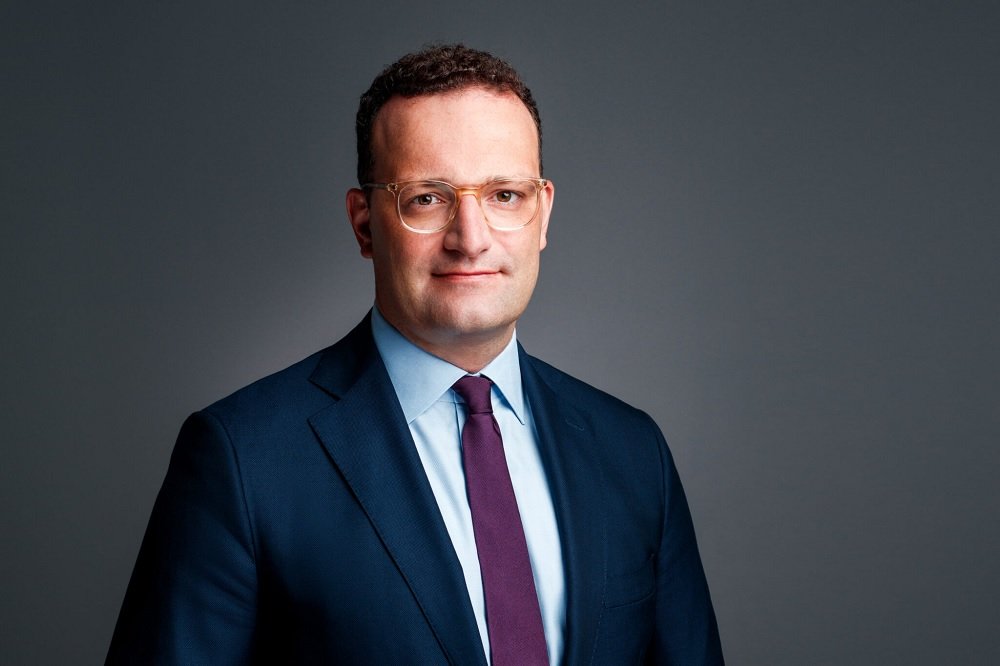
5. Jens Spahn
Age: 41
Height: 1.85m
Weight: N/A
Biography: Jens Spahn, born in Ahaus in 1980, is a German politician and a member of the Christian Democratic Union (CDU). He has held various ministerial positions, including the Minister of Health since 2018. Spahn is known for his conservative views and his efforts to reform the healthcare system.
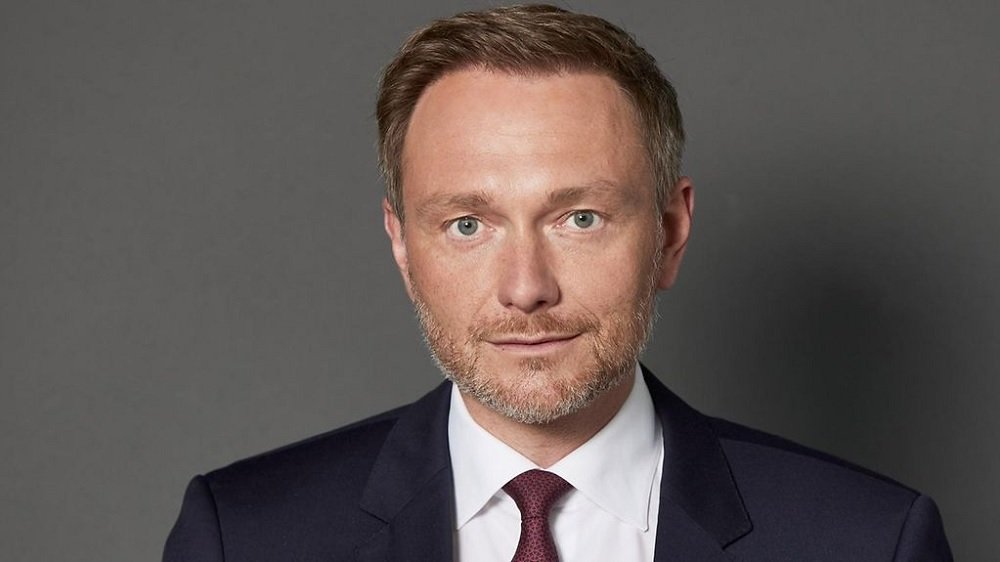
6. Christian Lindner
Age: 42
Height: 1.86m
Weight: N/A
Biography: Christian Lindner, born in Wuppertal in 1979, is a prominent German politician and the leader of the Free Democratic Party (FDP). He has been a member of the Bundestag since 2009 and has been instrumental in shaping the party’s liberal agenda. Lindner is known for his charismatic leadership style and his focus on economic liberalism.
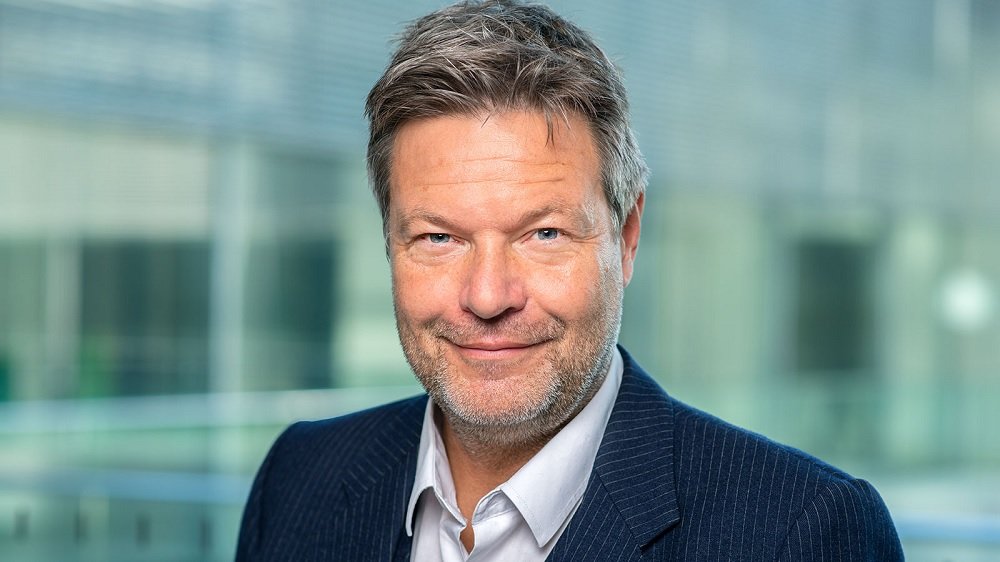
7. Robert Habeck
Age: 52
Height: 1.89m
Weight: N/A
Biography: Robert Habeck, born in Lübeck in 1969, is a German politician and a member of the Green Party. He has served as the co-leader of the party since 2018. Habeck is known for his eloquence and his focus on social justice and sustainability.

8. Friedrich Merz
Age: 66
Height: 1.92m
Weight: N/A
Biography: Friedrich Merz, born in Brilon in 1955, is a prominent German politician and a member of the Christian Democratic Union (CDU). He has held various positions within the party and was a candidate for the party’s leadership in 2018. Merz is known for his conservative views and his focus on economic policy.
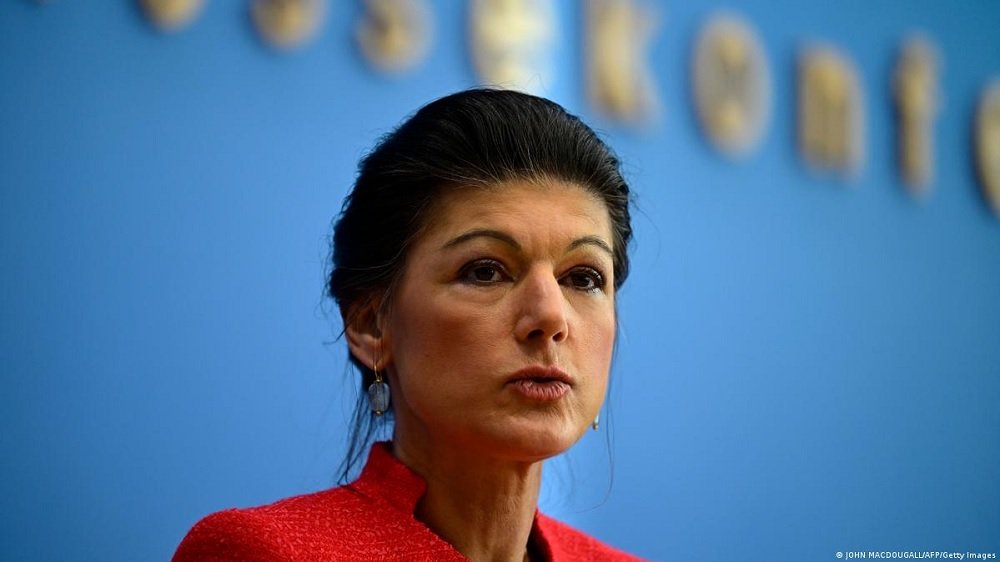
9. Sahra Wagenknecht
Age: 52
Height: 1.68m
Weight: N/A
Biography: Sahra Wagenknecht, born in Jena in 1969, is a prominent German politician and a member of The Left party. She has been a member of the Bundestag since 2009 and has been actively involved in advocating for social justice and workers’ rights. Wagenknecht is known for her fiery speeches and her focus on inequality.
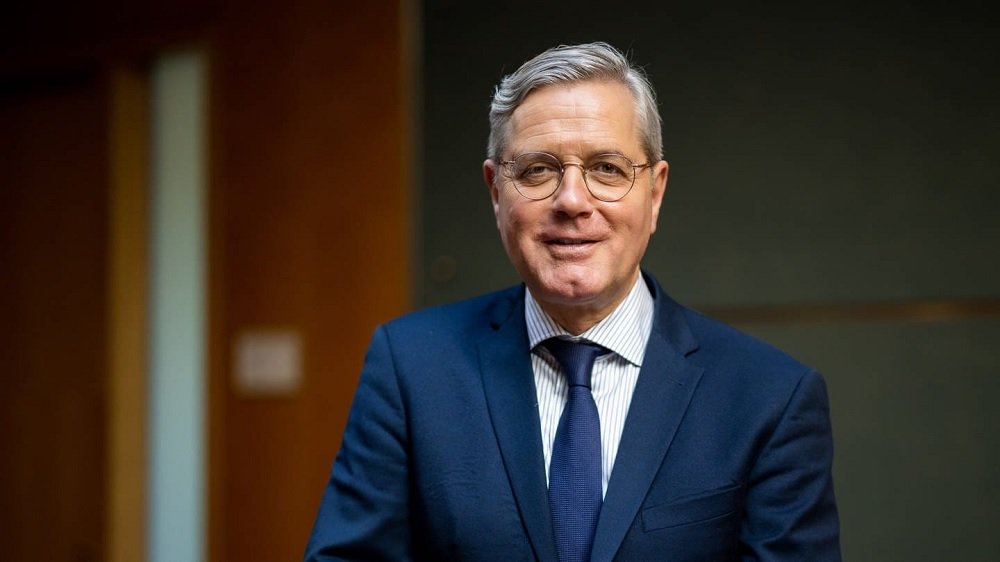
10. Norbert Röttgen
Age: 56
Height: 1.86m
Weight: N/A
Biography: Norbert Röttgen, born in Meckenheim in 1965, is a German politician and a member of the Christian Democratic Union (CDU). He has held various ministerial positions and has been a member of the Bundestag since 1994. Röttgen is known for his expertise in foreign policy and his focus on international relations.
Conclusion
These top 10 German politicians have made significant contributions to the political landscape of Germany. Their diverse backgrounds and ideologies shape the country’s policies and influence its future. Whether it’s Merkel’s pragmatic leadership, Baerbock’s environmental advocacy, or Spahn’s healthcare reforms, each politician brings their unique perspective to the table. As Germany continues to navigate its political challenges, these leaders play a crucial role in shaping its path forward.

